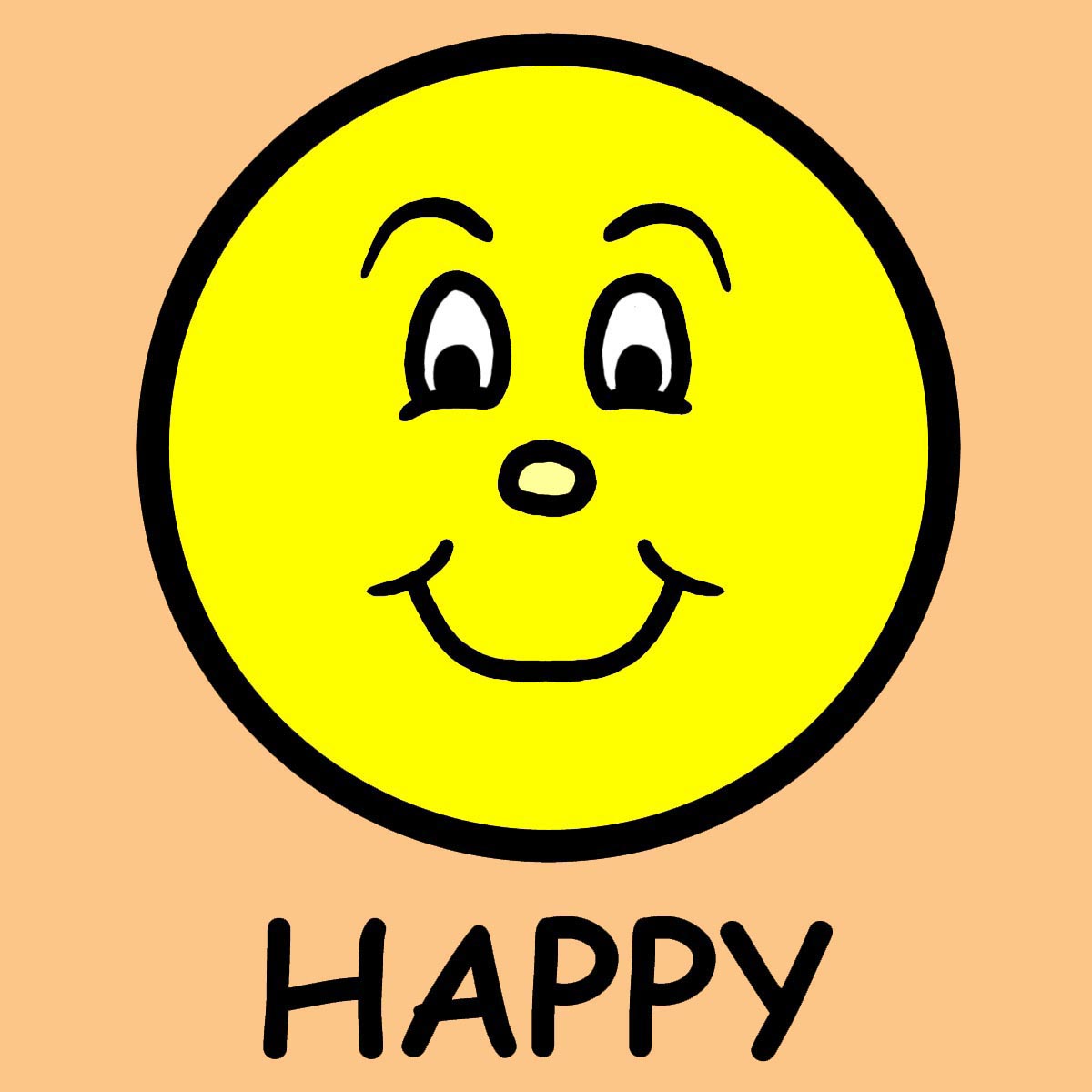Understanding "Happy Too" Or "Happy To": Making Your Words Shine
Many people, you know, find themselves scratching their heads over a common little mix-up in English. It's about how we use the words "happy too" and "happy to." They sound almost the same when you say them out loud, don't they? Yet, their jobs in a sentence are very different, and getting them right really helps your message come across clearly. So, understanding this small point can make a big difference in how well you communicate what you mean.
This little bit of grammar often causes a bit of confusion for folks learning English, and even for those who've spoken it their whole lives. It's a question many people are still asking today, so it’s something worth looking into. Getting these two phrases right means your sentences make perfect sense to anyone reading or listening.
So, we're going to explore what makes "happy too" and "happy to" distinct. We'll look at when you use each one, and why it matters, very much. By the end, you'll feel much more sure about picking the right words every single time.
Table of Contents
- The Meaning of Happy: A Quick Look
- Understanding "Happy To": What It Means
- Exploring "Happy Too": What It Adds
- Putting It All Together: "Happy To" vs. "Happy Too"
- People Often Ask
The Meaning of Happy: A Quick Look
Before we get into the specifics of "happy too" and "happy to," it's helpful to remember what the word "happy" itself means. You know, "happy" is a feeling of joy, pleasure, or good fortune. It's exactly how you'd feel if you learned that you won the lottery or got accepted into your number one choice of colleges, that's for sure.
It's about being delighted, pleased, glad, satisfied, or even thankful. "Happy" is an emotional and mental state marked by feelings of joy, contentment, pleasure, and satisfaction. It refers to a positive and upbeat state of mind, often accompanied by smiles. So, when we talk about being "happy to" or "happy too," this core feeling is always at the center of things.
Understanding "Happy To": What It Means
When you see "happy to," it nearly always means that the word "to" is part of an infinitive verb phrase. This "to" isn't a separate word acting on its own; it connects "happy" to an action you're willing or pleased to perform. It's about expressing a feeling linked directly to doing something, you see.
Happy To: Express Willingness
One common way we use "happy to" is to show that we are willing or ready to do something. It suggests an eagerness or a lack of reluctance. For example, if someone asks you to help, and you say, "I'm happy to help," it means you are pleased to offer your assistance. You are willing, very much, to give your time or effort.
This phrase shows a positive attitude toward an upcoming action. It's like saying, "I'm glad to do this," or "I have no problem doing this." So, if your friend asks if you can pick them up from the airport, and you reply, "I'd be happy to pick you up," you're showing a cheerful readiness to do that favor. It's a polite and warm way to agree.
Happy To: Express Feelings About an Action
"Happy to" also expresses that you feel a certain way about an action that is happening or has happened. It links your emotion directly to the verb that follows "to." Think of it as describing your state of mind in relation to an activity, in a way.
For instance, if you say, "I'm happy to see you," you are expressing your joy about the act of seeing that person. Your happiness is tied to that specific event or observation. Or, if you hear good news and say, "I'm happy to hear that," your pleasure comes from the information you just received. The "to" connects your feeling of happiness to the hearing itself.
Common Uses of "Happy To"
There are many everyday situations where "happy to" fits perfectly. People use it all the time to convey a positive response to requests or to express contentment about various happenings. Here are a few common ways this phrase pops up, you know.
Happy to help: "If you need a hand with that project, I'm happy to help." This shows a willingness to offer assistance, very much.
Happy to see: "After a long journey, I was so happy to see my family." This expresses joy about observing someone or something.
Happy to hear: "I'm happy to hear that you got the job!" This links your pleasure to the information you received.
Happy to go: "Are you coming to the party? Yes, I'd be happy to go!" This indicates a cheerful willingness to attend.
Happy to share: "I'm happy to share my notes with anyone who missed the class." This shows generosity and willingness to distribute something.
Happy to announce: "The company is happy to announce a new product line." This is often used in formal statements to express pleasure in making something known.
Happy to answer: "If you have any questions, I'm happy to answer them." This shows readiness to provide information.
In all these cases, "happy to" is followed by a verb, creating a sense of purpose or connection between the feeling and the action. It's about what you are pleased or willing to do, or how you feel about something being done. You can learn more about clear communication on our site, which is helpful.
Exploring "Happy Too": What It Adds
Now, let's look at "happy too." The word "too" here is an adverb. It means "also," "in addition," or "as well." It adds a sense of inclusion or similarity. When you use "too" after "happy," you're saying that your happiness is shared or that you feel happy in addition to someone else, or in addition to another feeling, you know.
Happy Too: Meaning "Also" or "In Addition"
Think of "too" as a synonym for "also." If someone says, "I'm happy," and you respond, "I'm happy too," you're saying, "I am also happy." You are expressing the same feeling as the other person. It indicates that your state of happiness is shared or that it's an additional feeling you possess, very much.
This usage is quite common in casual conversation when people are agreeing on a feeling or adding their own similar sentiment. For instance, if your friend says, "I'm so glad the weekend is here," you might reply, "I'm happy too!" This shows you share that same feeling of gladness about the weekend's arrival. It's a simple way to connect with someone else's emotion.
Placement of "Too" with "Happy"
The word "too" often comes at the end of a sentence or a clause when it means "also." This is its most common spot when paired with "happy." For example, "She is happy, and I am happy too." The "too" is tacked on, adding an extra layer of meaning, more or less.
However, "too" can sometimes appear in other spots, though it's less common with "happy." For instance, "I, too, am happy." This placement can add a bit more emphasis, but generally, at the end is where you'll find it most often. So, if you're ever unsure, putting "too" at the end is usually a safe bet, that's for sure.
Common Uses of "Happy Too"
You'll hear or read "happy too" in situations where agreement or shared feelings are being expressed. It's a quick and easy way to echo someone else's sentiment or to add your own similar feeling. Here are some situations where "happy too" fits perfectly, you see.
Shared feeling: "I'm really pleased with the outcome." "Yes, I'm happy too." This shows agreement in feeling.
Adding a sentiment: "He said he was feeling well, and she was happy too." This means she was also feeling happy.
Responding to good wishes: "I hope you have a great day!" "You too! I'm happy too!" This can be a friendly, casual response.
In a list of feelings: "She felt relieved, and happy too, after the exams were over." This means she felt relieved, and also happy.
In all these cases, "too" functions as an adverb, adding the sense of "in addition" or "also" to the feeling of happiness. It never connects "happy" to a verb that follows it. It's about adding a piece of information, not starting a new action. You can find more helpful information about adverbs and their uses on external grammar resources.
Putting It All Together: "Happy To" vs. "Happy Too"
The core difference between "happy to" and "happy too" comes down to the function of "to" versus "too." "Happy to" involves a verb, expressing willingness or a feeling about an action. "Happy too" means "also happy," adding your happiness to a shared sentiment. It's a bit like comparing apples and oranges, in a way, even though they both involve the word "happy."
Think of it this way: * "Happy to [verb]" = Willing to do something, or pleased about an action. (e.g., "I'm happy to help you.") * "Happy too" = Also happy, or happy as well. (e.g., "She's happy, and I'm happy too.")
The presence or absence of a verb immediately after "to" or "too" is your biggest clue. If a verb follows directly, you almost certainly need "to." If "too" is at the end of the phrase, acting like "also," then it's "too." This distinction is really quite important for clarity, you know.
Let's look at some examples side by side, so you can really see the difference:
"I'm happy to go to the park." (I am willing to go; "to go" is the infinitive.)
"My brother is happy, and I'm happy too." (I am also happy; "too" means "also.")
"She was happy to receive the gift." (Her happiness was about the act of receiving.)
"He smiled, and she was happy too." (She was also happy, in addition to smiling.)
Getting these right makes your writing and speaking much more precise. It helps avoid any misunderstandings about your feelings or intentions. It's a simple change that carries a lot of weight in how your words are received, very much. You can also link to this page for more helpful tips on making your communication better.
People Often Ask
Q: Can I use "happy too" when I want to say I am willing to do something?
A: No, you can't, you know. When you're showing willingness to do an action, you need "happy to" followed by a verb. For instance, "I'm happy to assist you." Using "happy too" would mean "I am also happy," which doesn't convey willingness to act.
Q: What is the easiest way to remember the difference?
A: The simplest way, perhaps, is to remember that "to" goes with verbs that follow it, like "to do" or "to see." "Too" means "also" or "as well," and it usually appears at the end of a thought. If you can replace "too" with "also" and the sentence still makes sense, then "too" is the right choice, very much.
Q: Is it always wrong to mix them up?
A: Yes, it is, actually. Mixing them up changes the meaning of your sentence entirely. If you say "I'm happy too help," it's grammatically incorrect and could confuse the person you're talking to. They might wonder what "happy too" means in that context. So, getting it right is pretty important for clear talk.

50 things that make you happy | How to be happier

happy - Mom Off Track

♥소녀시대♥